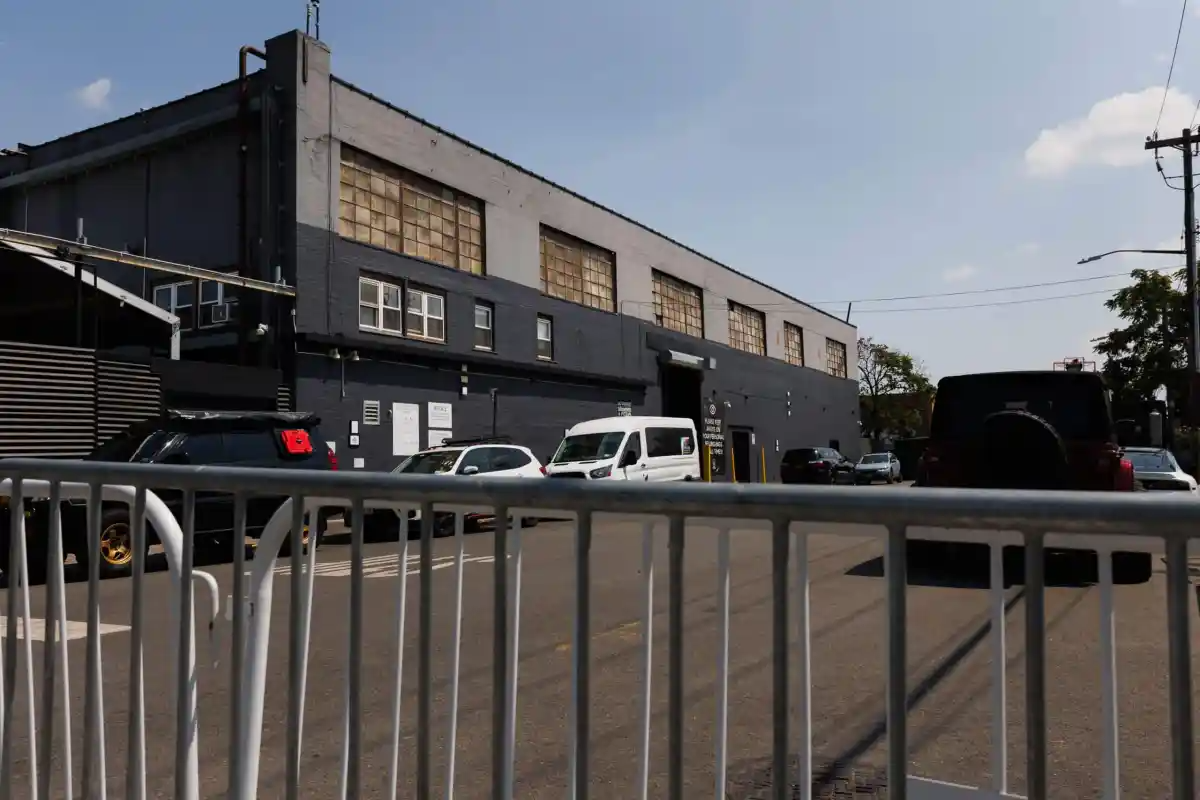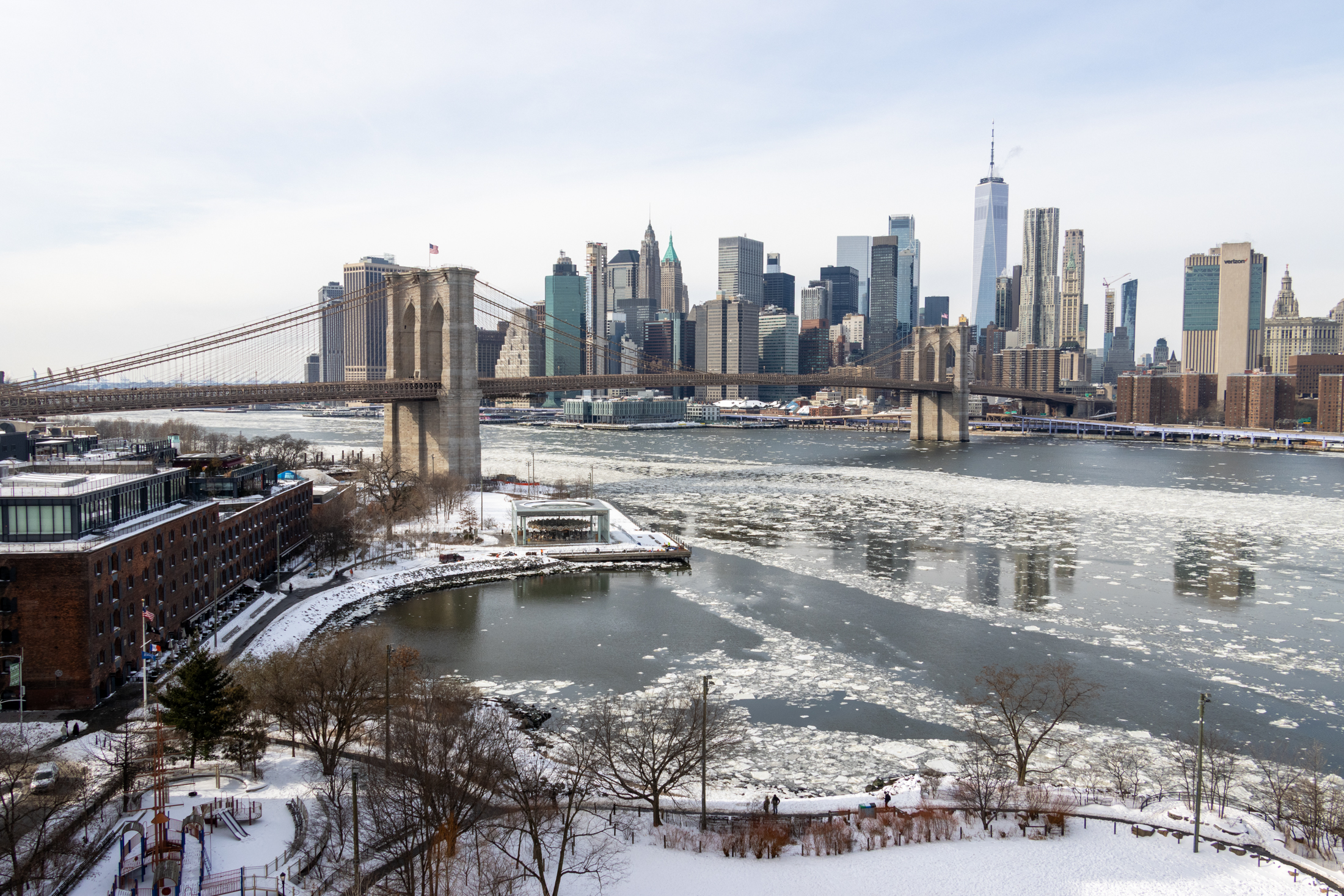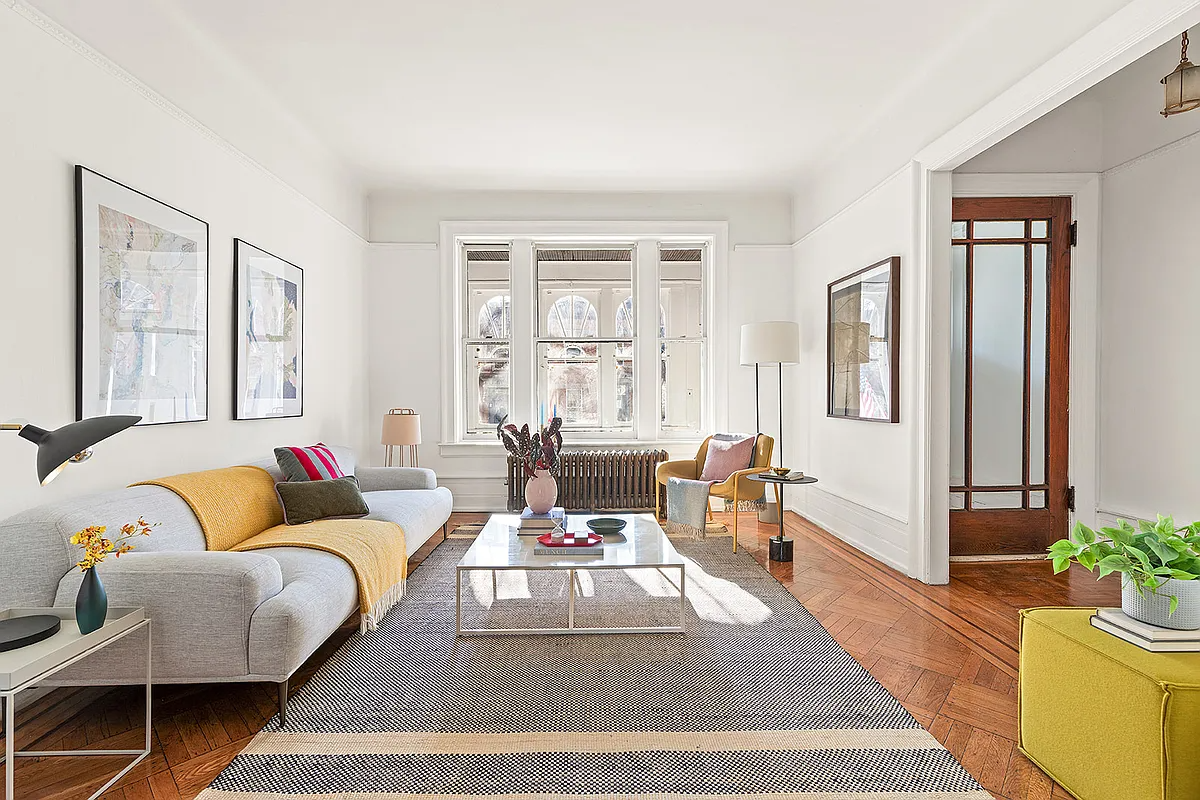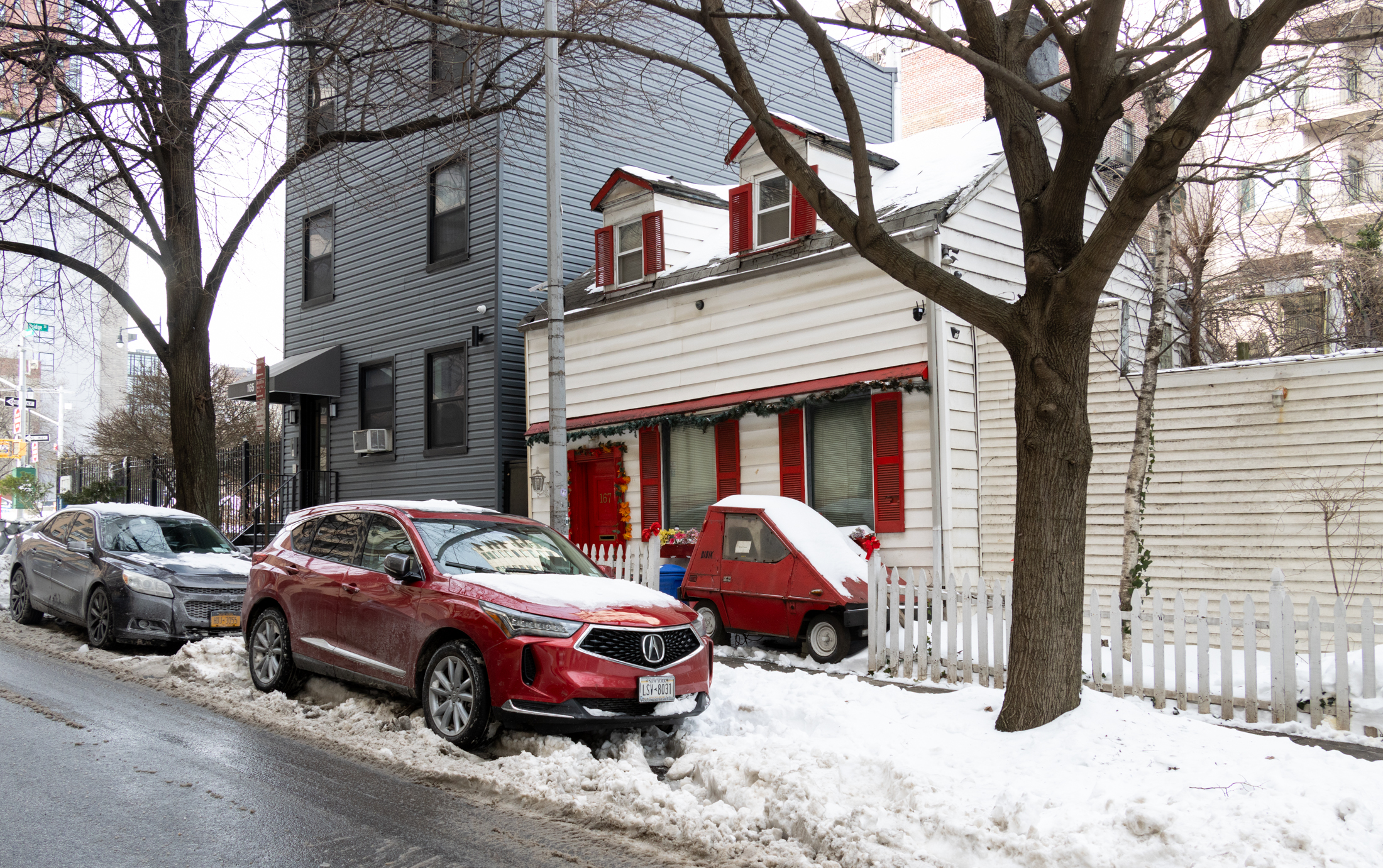And the Discussion on the Future of Suburbia Continues
On the Times’ Freakonomics blog, leading urban theorists are debating what we’ve been talking about around here lately: the future of suburbia. The “smart people” they gathered to pontificate include James Kunstler, Thomas Antus, Jan Brueckner, Gary Gates, John Archer, Alan Berube and Lawrence Levy, who offered these predictions: The suburbs have three destinies, none…


On the Times’ Freakonomics blog, leading urban theorists are debating what we’ve been talking about around here lately: the future of suburbia. The “smart people” they gathered to pontificate include James Kunstler, Thomas Antus, Jan Brueckner, Gary Gates, John Archer, Alan Berube and Lawrence Levy, who offered these predictions: The suburbs have three destinies, none of them exclusive: as materials salvage, as slums, and as ruins. Or: If [gentrification] continues in a significant way, large numbers of suburban households looking for urban stimulation may end up switching places with minority central-city dwellers, stirring the ethnic pot in both places. Or, this vision: Suburbia will be flexible, it will be smarter, and it will be hybrid. So which is it?
What Is the Future of Suburbia? [Freakonomics Blog]
Suburbia. Photo by Stacy Magallon.





DOW’s quote was from the article.
So it’s the quote of the quote of the day, technically.
DOW800 gets the Quote of the Day however ridiculous it sounds.
Suburbia will be flexible, it will be smarter, and it will be hybrid.
oops, empathize.
NewYawker – I can emphasize.
My wife and I have been struggling with this dilemma for quite some time. We have a young child, planning on a second. We own our home (fortunate enough to get in early) and have quite a bit of equity. Our concern has been that there are so many strollers around these days that where are all these kids going to go to school. District 15 has great elementary schools, but only a few good middle schools. Plus one has to test into the Middle School, and what if you’re child is a late bloomer. We estimate that private middle school and high school will average $35K to $40K/year by the time our kids are middle school age (assuming we send them to public school for elementary school). With all the influx of families into Brooklyn, can the schools support it. We already see overcrowding issues at PS 321 (with trailers in the yard).
We love Brooklyn, but can one really afford to stay. We know taxes are higher in the suburbs, but no where near the difference it would be to pay for a private school education. We feel our children would be more well rounded growing up in Brooklyn, but will they get the education (plus there is the safety concerns). I grew up in the city and was mugged several times and stabbed. I know the city is a different place now, but it is still the city.
We have looked at towns like Larchmont, Scarsdale, Montclair, Rye. None of them is Brooklyn, but they have their charm. Larchmont may be closest in terms of amenities.
There are definitely more interesting people in the city, we fear the burbs may be a little ‘vanilla’. But these are affluent people that care about education and raising good kids.
We could have never imagined ever leaving the city a few years ago, but now with a family, it is now a consideration.
A dilemma I think a lot of other people have or will be facing. What to do.
I have mixed feelings. I think suburbs as in satellite or so-called “edge cities” are not ideal. Why travel into the city but live outside it? Being in a place means spending time there, not identifying with two places at once.
I grew up in a large town in NE – having the downtown, the minimal, it was charming and my home, but that may be hard to explain to newcomers. I am 35 and need a bit more excitement and a high-powered job too.
I miss having the car, the space, the ease of town life, but for now city life fits me. When I’m 55 or having kids, perhaps that will change, but a large town or small city is my idea of the option whe I leave Brooklyn – never a suburb. Knock on wood?
Fsrq, I think we are talking apples and oranges here.
Benson’s GI Bill, and many other basically suburban programs had little or no effect on the economies upstate. Have you ever been to rural NY? To the towns that are not suburbs of cities like Syracuse, Buffalo, Albany and Rochester? Where I grew up, very small villages with populations of 600 or so are strung up and down Route 8, Route 23, et al. A small city like Oneonta, Binghamton or even Utica is a metropolis in comparison. People there are not affected by New York City, it is a 4 hour drive, and a world away.
Organic development is what has produced what is there now, and for many, that’s just the way it has always been, and that’s fine. I just don’t see “unsustainable” having any place in life up there, no one has asked anyone to sustain them ever. Maintaining roads, or even economic development programs are hardly pork to those who need it. If you are going to be sustainable, there is plenty of fat to be trimmed elsewhere. Don’t forget, people upstate vote and pay taxes, too. They should get their fair share of basic sustainance, as well.
Honda Civic = deathtrap on the highway. But probably great in the snow. Not.